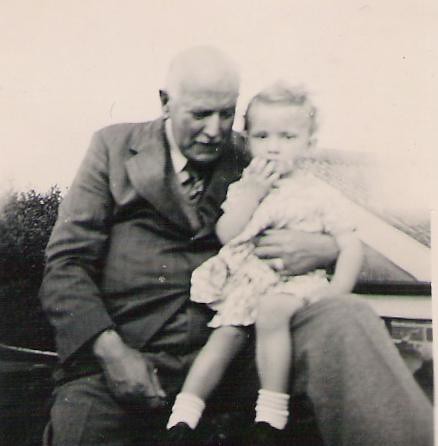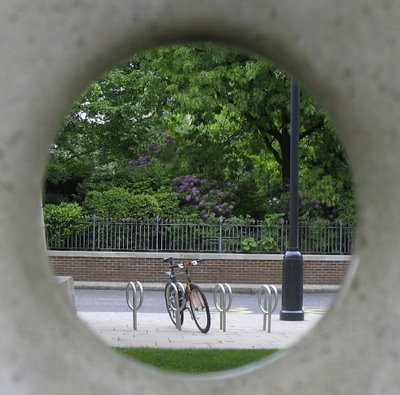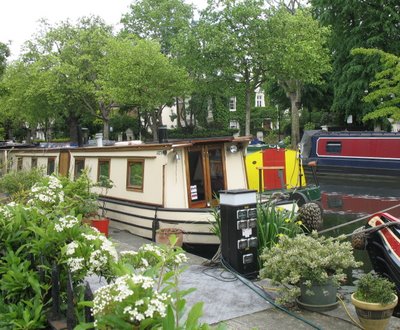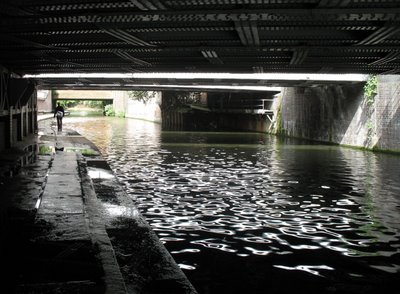Money, my father and me

My father worked as a poorly-paid local government officer for fifty years. He had two different jobs for two local authorities, one for twenty years, the second for thirty. Why local government work? It had a good guaranteed pension.
Every month on payday he would draw down the whole monthly salary in cash at the bank. When he got home that evening he unlocked the money drawer in the Victorian cabinet in my parents’ bedroom, and took out around twenty or so banker’s envelopes. Each of the envelopes was labelled: mortgage; housekeeping; clothes; holidays, and so on. He would divide the cash according to a pre-arranged budget and not a penny more would be spent over the coming month. I believe, though I can’t be sure, that he may have had a category for unexpected expenses, but this would not have been a large amount.
He never bought anything on hire purchase. If we wanted anything special, we saved up for it. Neither he nor my mother wanted her to work after their marriage – they were of that generation and background - so he had total control of the household’s finances.
His own father, a post office clerk, had developed TB when Dad was seven and died when he was nine. My grandmother was left with two boys to raise in pre-welfare state days. She came from a large family, fortunately, with a couple of sisters who had “married well” and who I suspect helped out. She also took in other people’s laundry. As a boy my father worked at weekends and evenings in order to boost the family income.
So financial security was a critical factor for him. He was deeply fearful of becoming destitute. I found out after his death that he once advised my sister never to take a job if it didn’t have a good pension scheme. He never had this conversation with me, and I have since wondered why. Was our relationship that distant? He never said anything critical because we were both wary of broaching sensitive subjects, but I suspect he disapproved of the wandering lifestyle that I adopted in my early years. Or did he perhaps think I was the type who would survive and didn’t need good financial advice?
Wrong. I was careless. I thought I would meet a man who would look after me financially. Or just that something would turn up. So I frittered money away, albeit in a low-key way. But then about twelve years ago, I hit a crossroads, my life changed and I gradually started taking better care of myself all round, including financially.
I’ve learned that I can’t budget in the rigid fashion that my father did, in the same way that I can’t diet. Tell me to spend £x on this and £y on that and balance my chequebook, and I will develop an irresistible craving to blow £300 on a Gucci handbag and throw away the receipt. Well maybe not exactly, but sooner or later I abandon the budget. I feel as if I am drowning when I am controlling my spending to such a degree, and going on a spending spree is the equivalent of kicking hard for the surface in order to be able to breathe.
After a period of burn-out a few years ago and on receipt of a (very) small windfall, I made the decision to switch from full-time executive assistant roles to temporary office work. I couldn’t take the pressure any longer, and I wanted finally to allow myself freedom and time to develop my other talents, the ones that I enjoy more.
By the standards of my peers I now live very simply, and to some extent I have become my father’s daughter. No banker’s envelopes for me, and I only do what I have to in the way of balancing cheque books and so on. But I have become one of life’s minimalists. There were no luxuries to speak of anyway when I was growing up, so it is no real hardship.
I question sometimes, with a good deal of self-recrimination, why I have never been able to settle as he did into a “safe” long-term conventional career. I tell myself at these times that by the standards of most of the world’s population I am wealthy, that I have always been able to get work, and that while money is definitely a necessity it is only useful for comfort, not happiness. I’ll be all right. Everything will be all right. And the risk will be worth it.
Magical thinking? Perhaps. But perhaps not.











 It was a humid and sticky afternoon, but there were a good number of people strolling along the towpath of this part of the
It was a humid and sticky afternoon, but there were a good number of people strolling along the towpath of this part of the 



